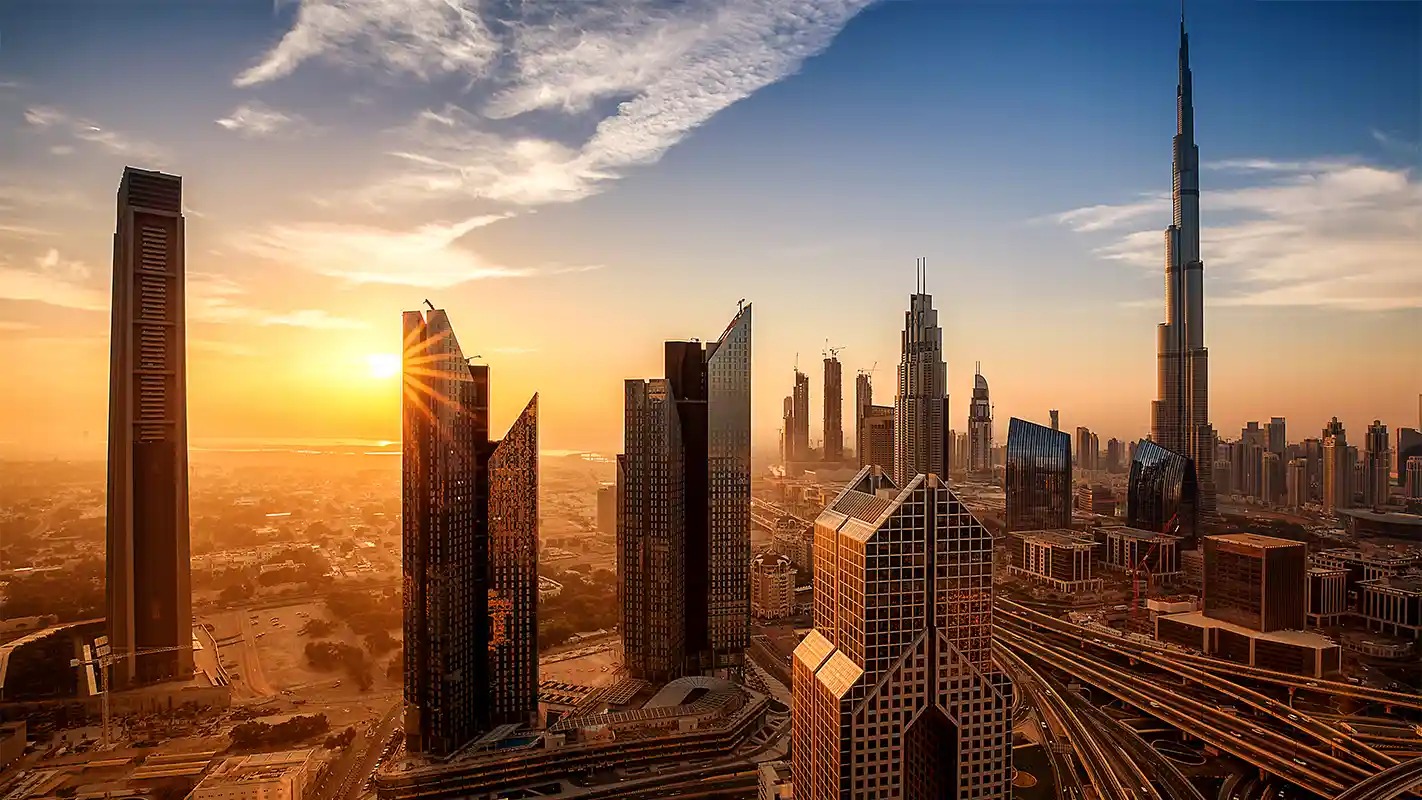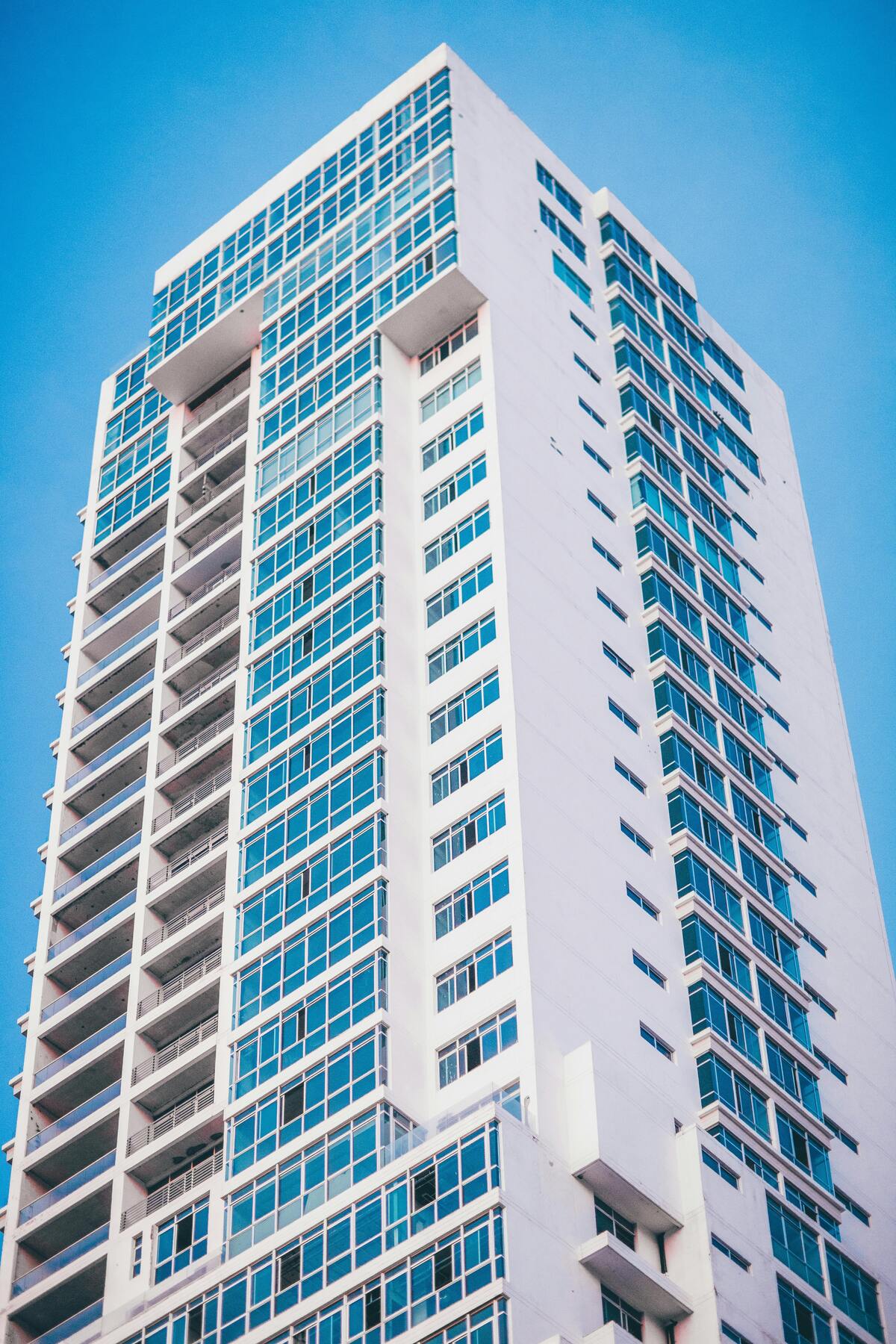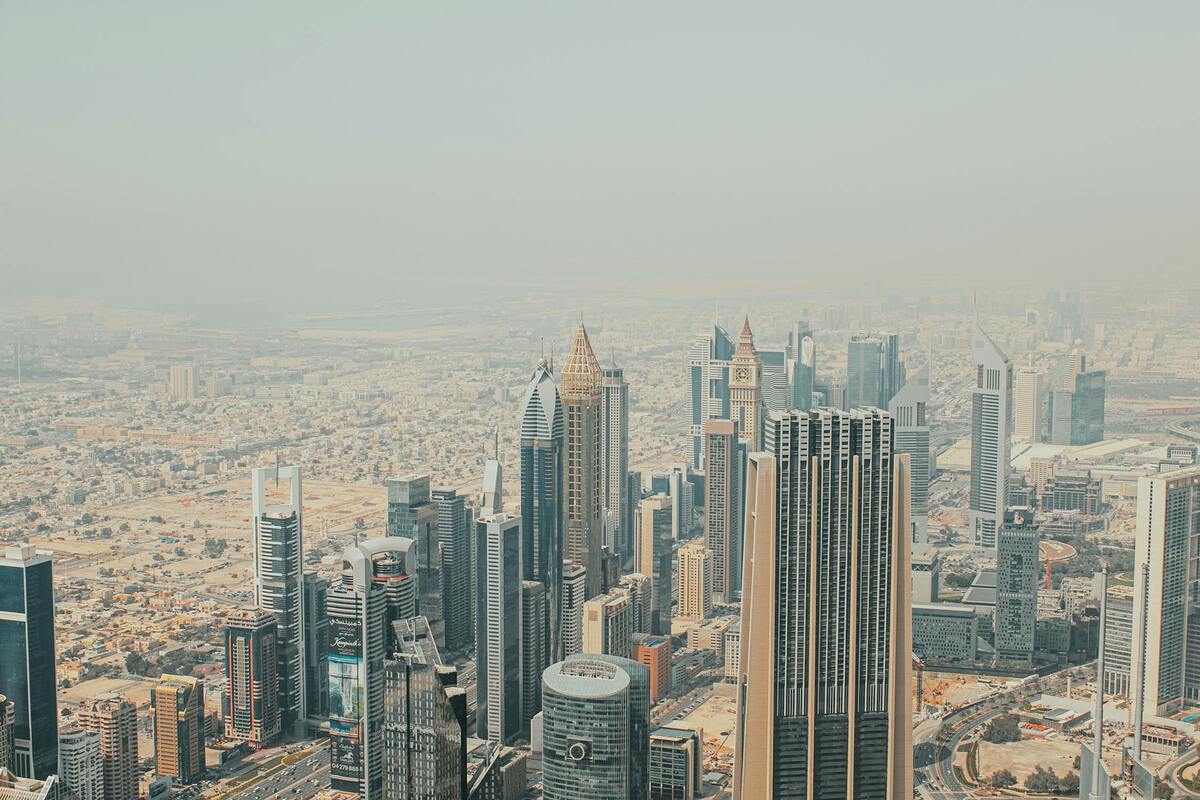As a prime city for property investment, Dubai boasts a vibrant lifestyle, year-round sunshine, low crime rates, and social diversity, making it welcoming for expatriates.
With numerous options available, investors must define their goals and avoid common pitfalls. Smart investment decisions should rely on careful analysis of risks and market conditions. Key factors to consider include:
Strategic Location: For investment success, selecting the correct location for your property is very vital. Factors like location popularity and accessibility to major attractions play significant roles. For example, areas such as Downtown Dubai, Al Barsha, and Dubai Marina are known for their proximity to iconic shopping destinations like Dubai Mall.
Short-term vs. Long-term Rentals: Certain types of properties, including those in Downtown Dubai and Palm Jumeirah, may deliver greater returns with short-term rentals, while villas in Dubai Hills are likely to yield more profit through long-term leases.
Financing Options: Consider whether to invest in cash or through financing. Evaluating cash-on-cash returns is essential, and leveraging financing can be beneficial when managed wisely.
Service Charges and Management Fees: These costs vary by property and should be factored into your investment calculations.
Off-Plan vs. Ready-to-Move Properties
Investors have the option to select from off-plan properties (still being developed) or completed units that are ready for immediate occupancy. Off-plan properties generally offer lower prices and significant appreciation potential, while ready-to-move options allow for immediate rental income. The following contours the strengths and weaknesses of each type of property:
Off-Plan Properties Pros:
Lower Prices: Generally, off-plan properties are more affordable than their completed counterparts, allowing investors to enter the market at a lower cost.
Future Value: Well-established developers often create communities that appreciate over time, offering significant long-term returns.
Flexible Payment Plans: Investors can benefit from attractive, interest-free payment options that align with their financial capabilities.
Off-Plan Properties Cons:
Market Risks: Fluctuations in market conditions may affect the future value of off-plan properties.
Project Delays: There’s a risk of project cancellations or delays, making it crucial to thoroughly research the developer’s reputation.
Ready-to-Move-In Properties Pros:
Immediate Rental Income: These properties can start generating rental income immediately after purchase, providing quicker returns on investment.
Current Market Pricing: Buyers can evaluate the property's value based on real-time market conditions.
Ready-to-Move-In Properties Cons:
Higher Initial Costs: The upfront investment for Ready to Move Properties typically includes a larger down payment.
Limited Flexibility: Payment plans for completed properties may lack the flexibility offered by off-plan options.
Ownership Types
Freehold vs. Leasehold: Understanding ownership types is crucial. Freehold properties grant full ownership, while leasehold properties provide long-term benefits for a specific duration.
Key Considerations When Purchasing Property in Dubai
Overlooking Additional Costs: Be aware of closing costs, service charges, and other operational expenses that impact your property's net yield. These expenses contain DLD fees, agent fees, property management, and mortgage fees, and building service charges.
Avoiding Emotional Decisions: Focus on the numbers rather than your feelings. The property's yield is what matters, even if the location isn't to your personal taste.
Can Foreigners Invest in Dubai
Yes! Foreigners can invest in both freehold and leasehold areas, gaining various ownership rights depending on the property type.
What Is an Investment Visa
An investment visa allows non-residents to Invest in Dubai’s Real Estate. To qualify, one must purchase property valued at a minimum of AED 1 million.
Post-Investment Considerations
Once you own Property in Dubai, engage a reliable property management company, maintain positive relations with tenants, and consider offering quarterly payment options to attract tenants. Investing in Dubai real estate can be highly rewarding with the right strategies.


